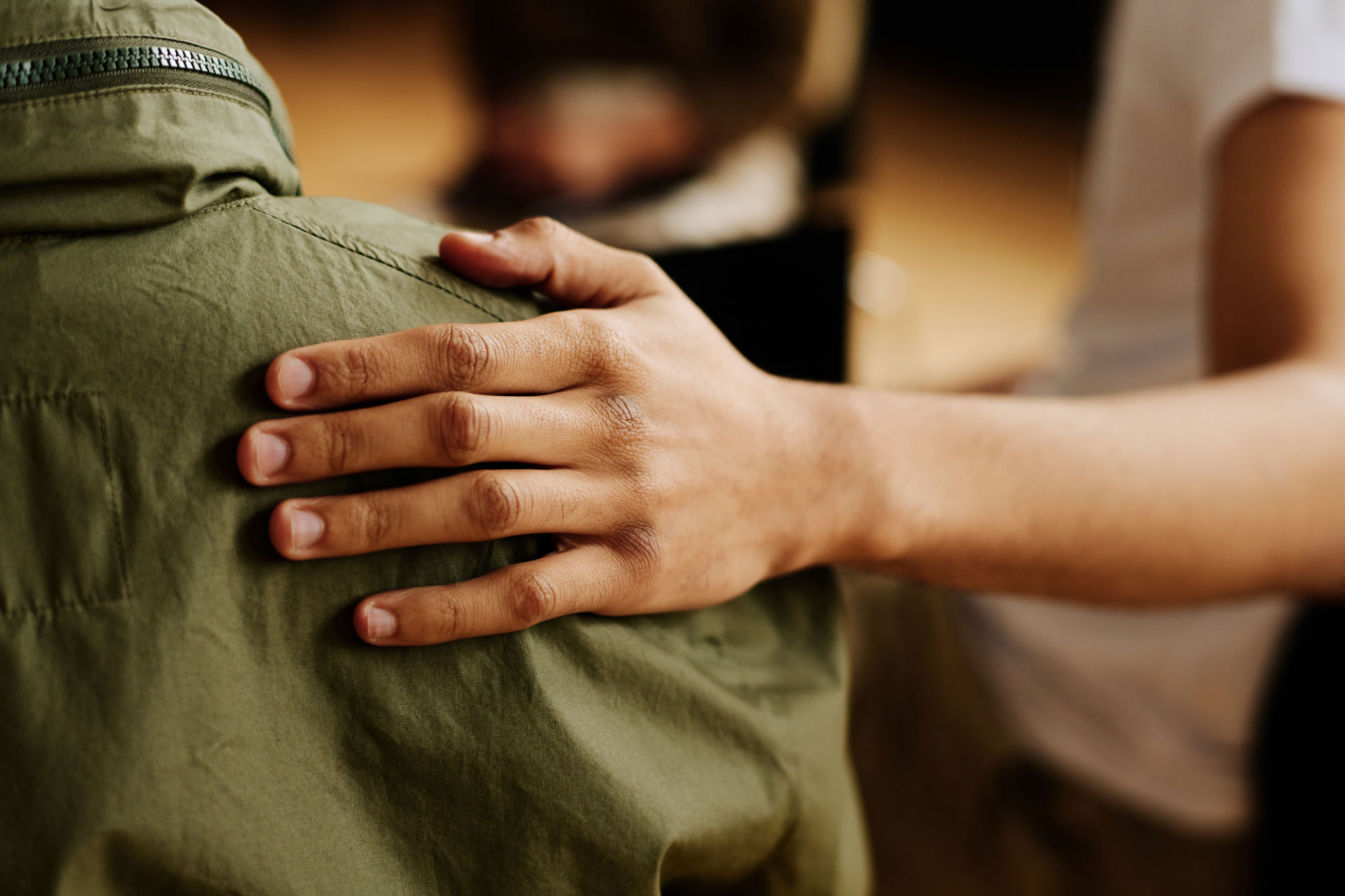How Holiday Support Programs Enhance Recovery in Shared Housing
The Role of Holiday Support Programs
The holiday season can be a challenging time for individuals in recovery, especially those living in shared housing environments. The emotional complexities of the season, combined with the pressures of maintaining sobriety, can be overwhelming. This is where holiday support programs play a crucial role, offering essential resources and community support to enhance recovery efforts.
Shared housing arrangements often bring together individuals from diverse backgrounds, all working towards a common goal of recovery. While these environments provide an excellent opportunity for mutual support, they can also present unique challenges, particularly during the holidays when emotions run high. Holiday support programs are designed to address these challenges by creating a structured and supportive environment.

Building a Sense of Community
A key component of holiday support programs is fostering a sense of community among residents. These programs often include group activities such as festive gatherings, communal meals, and creative workshops that encourage interaction and mutual support. By participating in these activities, residents can develop meaningful connections with their peers, reducing feelings of isolation that may arise during the holiday season.
Moreover, these communal experiences can help individuals build resilience and strengthen their recovery journey. Sharing experiences and celebrating small victories together can create a powerful sense of belonging, which is vital for individuals navigating the path to recovery.
Offering Emotional and Practical Support
Holiday support programs often provide both emotional and practical support to residents. This can include access to counseling services, workshops on stress management, and strategies for coping with holiday triggers. By equipping individuals with the tools they need to manage stress and avoid relapse, these programs play an essential role in supporting sustained recovery.

In addition to emotional support, practical assistance such as helping residents plan their holiday schedules or providing transportation to recovery meetings can also be invaluable. These measures ensure that individuals have the resources they need to maintain their sobriety during a potentially stressful time.
Encouraging Healthy Habits
Another significant aspect of holiday support programs is the promotion of healthy habits. This includes organizing activities that focus on physical health, such as group exercise sessions or cooking classes that emphasize nutritious meals. By encouraging residents to engage in healthy practices, these programs help to reinforce positive lifestyle changes.
Nurturing physical well-being is an essential part of recovery, as it helps individuals build strength and resilience. Engaging in regular exercise and maintaining a balanced diet can also improve mental health, thereby supporting overall recovery efforts.

Facilitating Long-term Recovery
The ultimate goal of holiday support programs is to facilitate long-term recovery by providing a stable and supportive environment. By addressing the unique challenges faced during the holiday season, these programs empower individuals to stay committed to their recovery goals.
Through a combination of community building, emotional support, practical assistance, and the promotion of healthy habits, holiday support programs serve as an invaluable resource for residents of shared housing. As individuals navigate the complexities of recovery during the holidays, these programs offer the guidance and stability needed to thrive.
In conclusion, holiday support programs are more than just seasonal initiatives; they are an integral part of the recovery process in shared housing. By enhancing community bonds, offering comprehensive support, and encouraging healthy lifestyles, they provide a robust framework for individuals to achieve sustained sobriety and personal growth.
